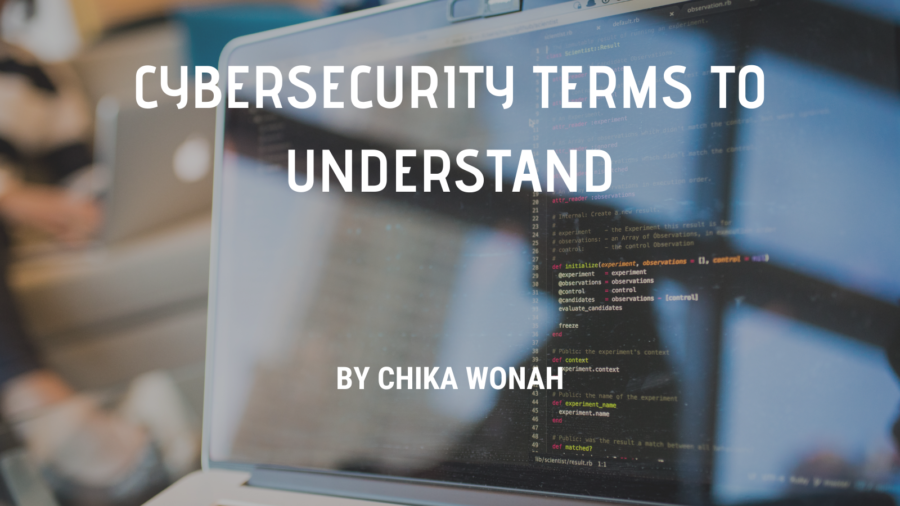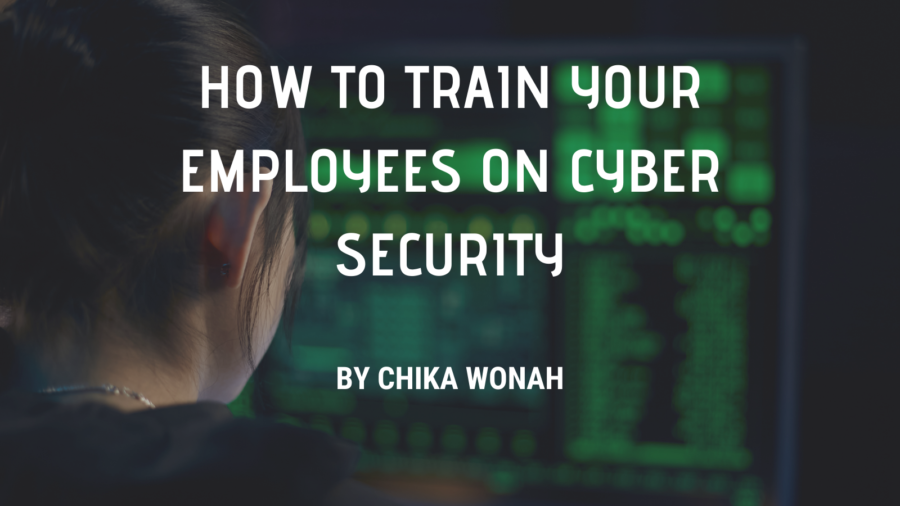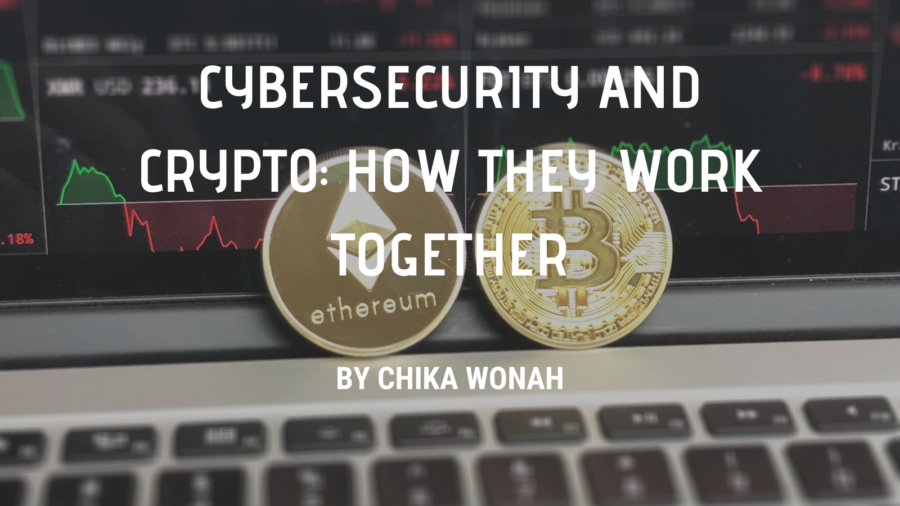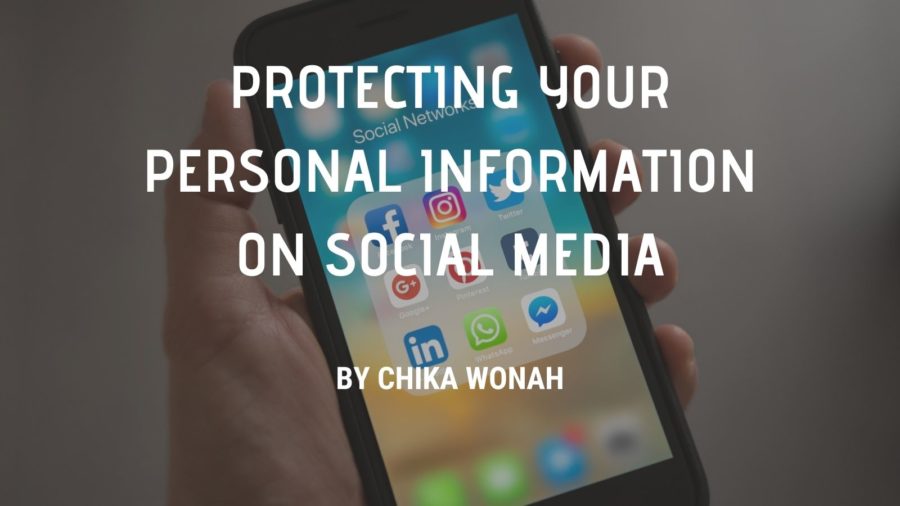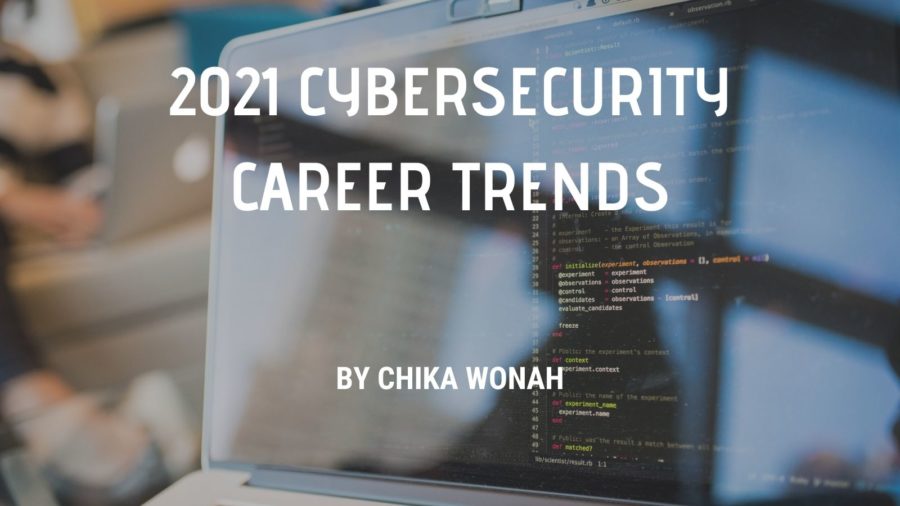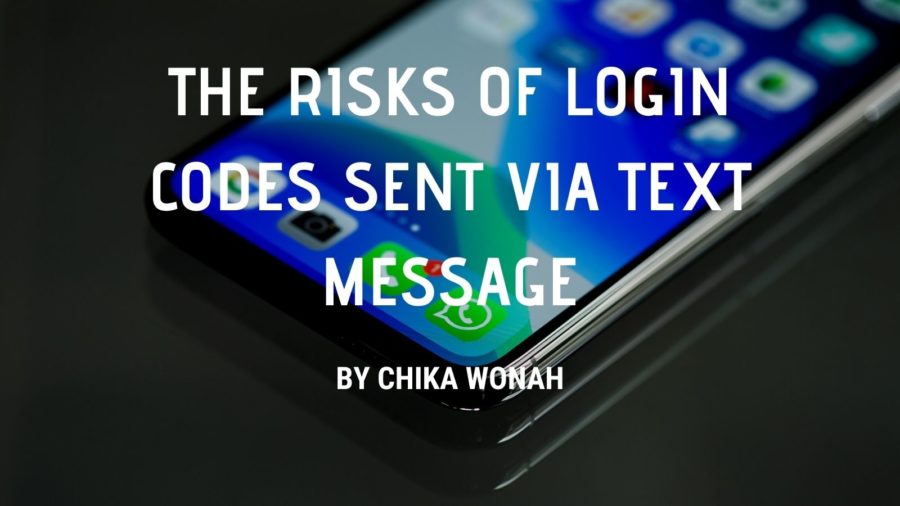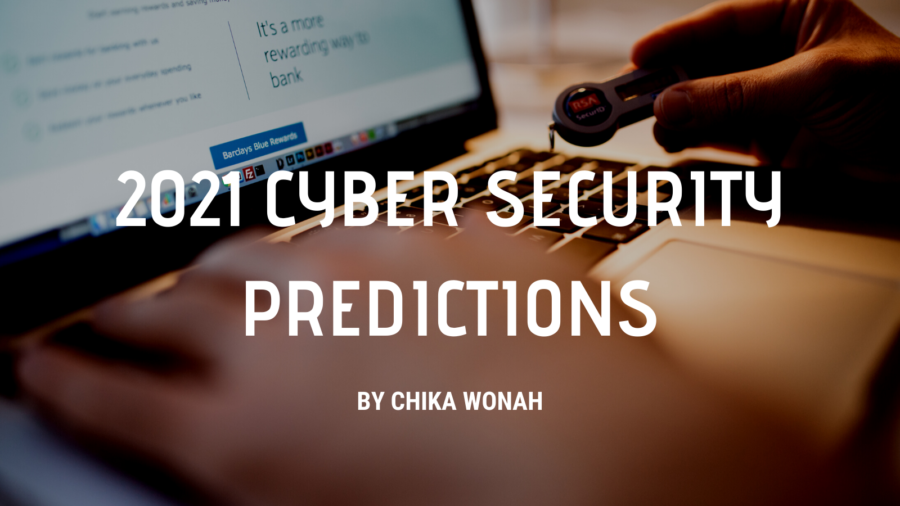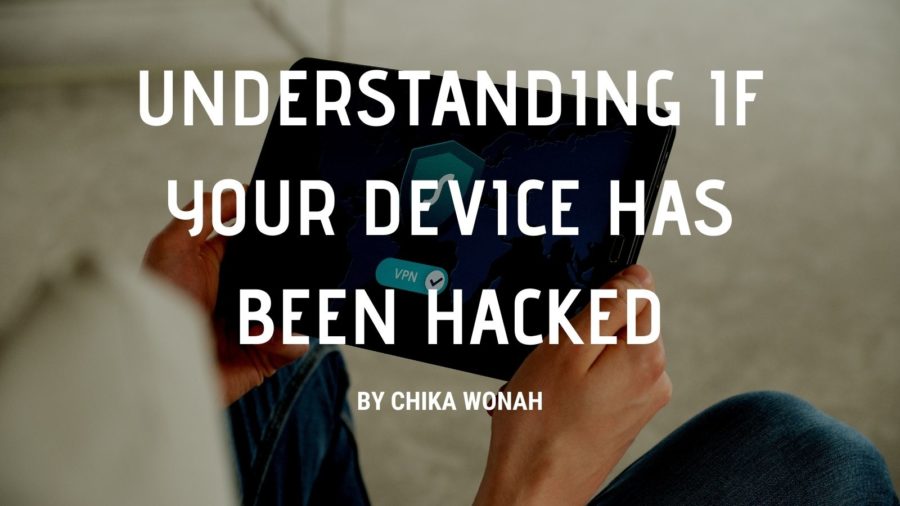If you use the internet, then you need to know about cybersecurity. Cybersecurity is how we keep our information safe and secure online. From your personal email address to your bank account, from your credit card number to your social media passwords – it all needs a layer of protection against hackers and malicious software. Security is an ongoing process; one can never be too careful when it comes to privacy or the security of others. Here are some basic terms related to cybersecurity that you may find helpful in understanding this topic:
A firewall
A firewall is software that protects the security of your computer or network. Firewalls prevent outsiders from accessing private data and networks and keep internal users from accessing unauthorized sites. A firewall can be programmed with different levels of permissions depending on who needs access. It is usually possible to temporarily override a firewall’s restrictions for a limited amount of time.
Password
A password is a word or phrase used to authenticate access to data, devices, and buildings. Passwords are widely used in computer networks because they are relatively easy to implement and can be revoked. They are also harder for someone else to find out than other types of credentials like biometrics. However, passwords are vulnerable to hacking if they are not sufficiently complex.
Authentication
Authentication is validation that an individual can be trusted or that a computer system or network is secure and functioning properly. The authentication process involves the validating party evaluating something the subject brings with them to verify their identity. In computer systems, rather than something physical, a subject is authenticated through passwords or keys.
Data encryption
Data encryption is a process that drives home security by making data unreadable to anyone without authorized access. Encrypting data renders it meaningless to unauthorized users who might intercept it and try to read the contents. Encryption involves using algorithms and cryptographic keys to make data files unreadable.
Debugging
Debugging is checking and fixing errors in computer software or hardware. It can be performed on a live system, usually for testing purposes, but sometimes also when the program is in the maintenance phase or done on a copy of the program (“dummy”) to save time and effort. Debugging is often performed by programmers during the development process.
Malware
Malware refers to any kind of software designed to disrupt computer operation, gather sensitive information from your system, or gain access to private data such as passwords or banking details. Malware is often spread through phishing emails that contain infected attachments or links to compromised websites (also referred to as a watering hole attack).
If we implement preventive measures, such as those I have listed above, we can probably avoid cyber attacks. It will be pretty difficult for hackers to access any of your personal information if you avoid risky behaviors on the internet.

